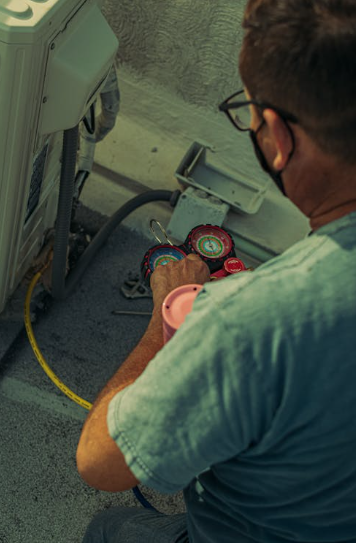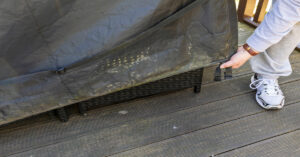
Air conditioning is one of those things we don’t think about much—until it stops working during a blistering summer day. But here’s the thing—most air conditioning systems don’t fail unexpectedly. They usually send out clear warning signs that a breakdown is on the horizon. Recognizing these indicators early can mean the difference between a cool, comfortable home and an expensive emergency repair. Below, we’ll explore key signs that your AC may be struggling and needs attention.
Why Early Detection Is Crucial
Catching AC problems early can save you time, money, and frustration. Small issues can often be fixed at a fraction of the cost of extensive repairs or total system replacement. Beyond just avoiding inconvenience, an inefficient system could also lead to sky-high energy bills. Recognizing the subtle warnings your AC offers can keep your home comfortable and your wallet intact.
Warm Air Coming from Vents
One of the most obvious signs that something isn’t right is when warm air is coming out of your vents instead of the cool, refreshing air you expect. This could indicate issues with the compressor or refrigerant levels. Poor air circulation might also point to a clogged air filter or a problem with ductwork. Whatever the cause, warm air is an unmistakable red flag that diagnostics and repair from a professional service such as Airco are needed.
Weak Airflow
If the airflow from your vents feels weaker than usual, don’t ignore it. Reduced airflow could mean that something is blocking your ducts, or that your blower is malfunctioning. Over time, this can place additional strain on your system, potentially leading to a complete breakdown. Weak airflow is often a telltale sign of a larger issue that needs immediate attention to avoid escalating damage.
Unusual Noises
While every AC makes some level of noise during operation, certain sounds can signal trouble. Clanging, banging, or grinding noises could indicate that there are loose parts inside the unit. On the other hand, a high-pitched squealing or hissing might point to issues with the compressor or refrigerant. Strange noises are rarely a good sign and should be addressed before the problem worsens.
Foul Odors
Your air conditioning should improve indoor air quality, not make it worse. If you detect unpleasant or burning smells when your AC is running, there could be several culprits. Musty odors might indicate mold or mildew inside the unit, often caused by poor drainage. A burnt electrical scent, however, could be pointing to overheating components or faulty wiring—issues that can be dangerous if not resolved quickly.
Rising Energy Bills
Your energy bill can offer valuable insight into how well your AC is functioning. If your cooling costs suddenly spike without significant changes in outdoor temperatures or usage habits, your system might be struggling to work efficiently. Damaged components, leaks, or an aging system can all cause your unit to consume more energy than necessary, and higher costs often serve as an early warning about impending failure.
Frequent Cycles
Air conditioners are designed to cycle on and off periodically to maintain a stable indoor temperature. However, if your system is constantly running or shutting off too quickly, this could signify a problem. Short cycling, for example, may be due to a faulty thermostat, restricted airflow, or refrigerant imbalance. Over time, this can increase wear and tear on your unit and lead to premature breakdowns.
Leaks or Moisture Around the Unit
Seeing moisture or leaks around your AC unit is never a normal occurrence. Water pooling near the system could be due to a clogged condensate drain, which prevents proper drainage. Worse still, if the fluid is refrigerant, this not only affects cooling performance but also poses potential health risks. Leaks should always be investigated promptly by a professional technician.
Your air conditioning system is an investment, and taking care of it can enhance its longevity and reliability. Recognizing when something isn’t right is the first step to avoiding major repair bills or emergency outages. Keep an eye out for these warning signs, and don’t hesitate to consult a professional to address any issues promptly.


